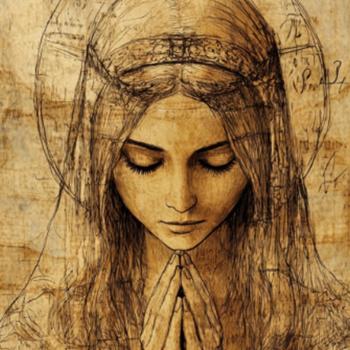To be progressive is to be nonconventional and unconventional, nonorthodox and unorthodox, nontraditional and untraditional, broad minded and open minded. It is to take with seriousness the possibility of surprise in all things, the distinct option that something new is about to put in an appearance.
In this the poet of the exile, the blandly named Second-Isaiah, puts it very well. Right after he has urged his fellow Babylonian exiles to remember and celebrate the great acts of God who brought them out of Egyptian slavery so many centuries before (43:14-17), he astoundingly continues: "Do not remember the former things, or consider the things of old. I am about to do a new thing; now it springs up, do you not see it? I will make a way in the wilderness and rivers in the desert" (43:18-19).
By this charge he does not mean for Israel to forget the Exodus; they will hardly do that. What he does mean is that they should never get stuck in that memory. Those who get stuck in the past, who are ruled by tradition, are doomed to be unable to "sing God's song in a new land," as the poet of Psalm 137 found himself unable to do. God is the God of the new—roads in the wilderness, where there are none, and rivers in the desert, where water is not to be found.
To be progressive is to try desperately to catch up with a God who ever runs on ahead, creating new hopes and dreams for all of God's people. God's dream for us all is shalom, a vast and glorious unity and wholeness for all of creation, from ant to anteater, from lion to lamb, from human to beetle. This is the realm and rule of God, and God is a progressive. We can do nothing less than join God in the struggle for this shalom.





